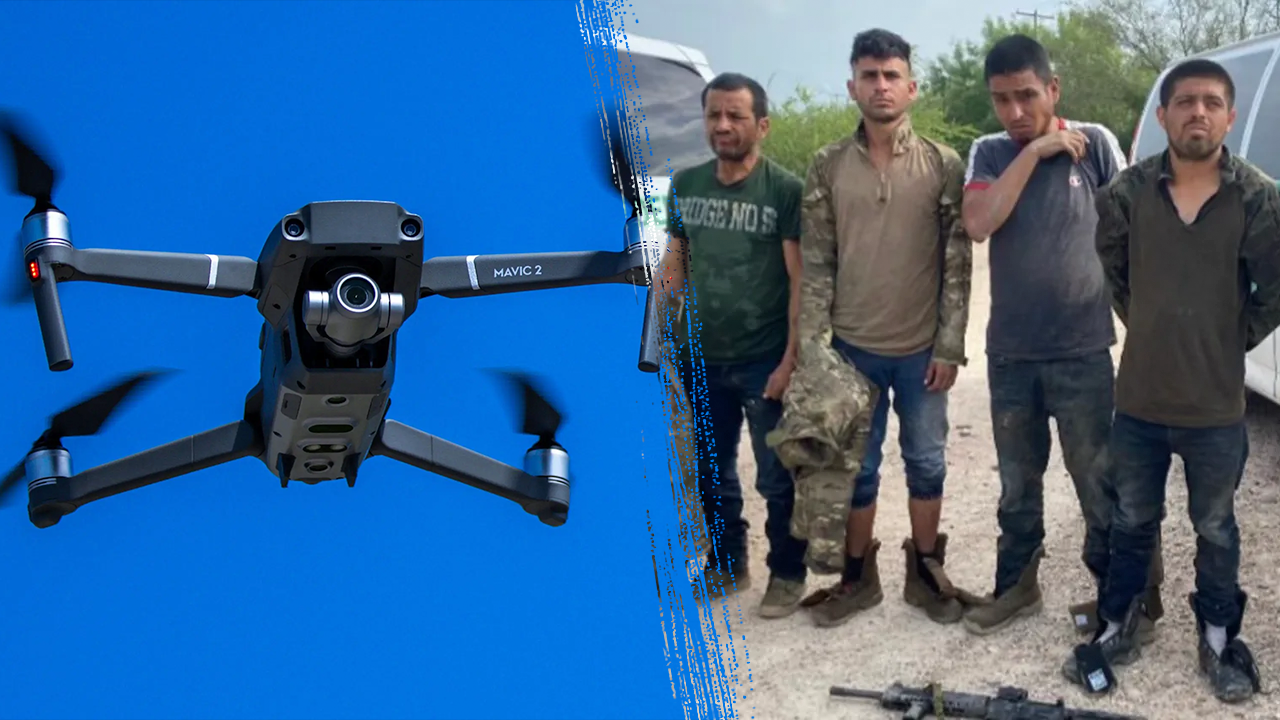Politics
Border state officials put cartels on notice as they await green light to take major action

Arizona’s Bill to Combat Drug Cartels’ Drone Usage: A Comprehensive Analysis
1. Introduction to House Bill 2733
Arizona’s House Bill 2733, sponsored by Rep. David Marshall, aims to tackle the increasing use of drones by drug cartels for smuggling activities. The bill proposes granting local and state authorities the authority to shoot down drones within 30 miles of the southern border, coupled with qualified immunity to protect them from legal repercussions.
2. The Role of Drones in Smuggling
Drug cartels have escalated their tactics by employing drones for surveillance and smuggling. These drones monitor law enforcement movements and transport drugs, dropping them in remote areas. Sheriff David Rhodes highlights that despite a calmer border under President Trump, cartels’ creativity in using technology presents ongoing challenges.
3. Bipartisan Support and Legislative Progress
The bill has garnered rare bipartisan support, reflecting a unified stance against drug smuggling despite divisions on broader border policies. Attorney General Kris Mayes advocates for the bill as a tool to empower law enforcement. If passed, it will head to Governor Katie Hobbs, whose stance remains unclear.
4. Potential Consequences and Concerns
While the bill aims to curb smuggling, concerns arise regarding privacy, potential misuse of authority, and unintended consequences. Questions linger about the bill’s effectiveness if cartels adapt their tactics and whether federal collaboration is involved. The concept of qualified immunity is crucial, necessitating clarity on legal protections and accountability.
5. Broader Implications and Alternatives
The efficacy of this approach depends on the prevalence of cartel drones and potential shifts in tactics. It raises questions about balancing security with civil liberties and whether alternative methods could complement this strategy. Lessons from other states’ approaches might offer valuable insights.
6. Conclusion
In conclusion, Arizona’s bill is a proactive response to evolving criminal tactics, emphasizing the need for law enforcement to adapt. However, it necessitates careful consideration of potential risks and ensures a balance between security measures and individual rights. The success of this initiative will depend on its execution and adaptability to future challenges.


















